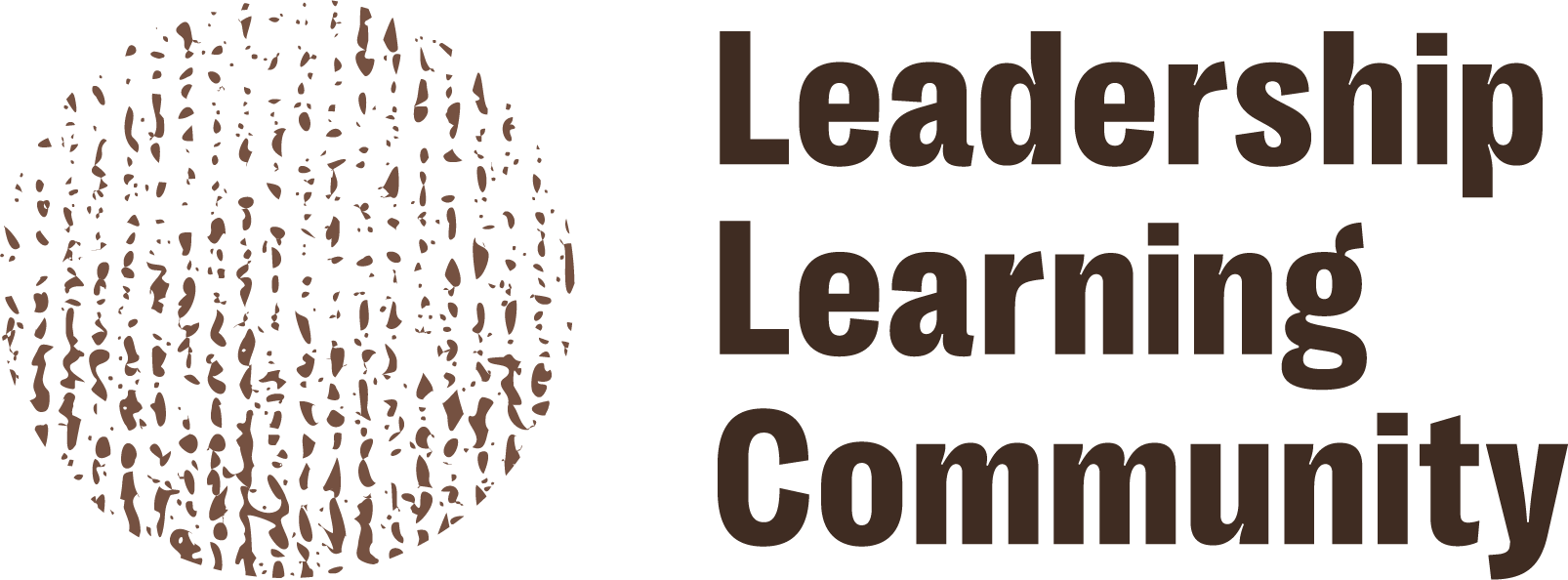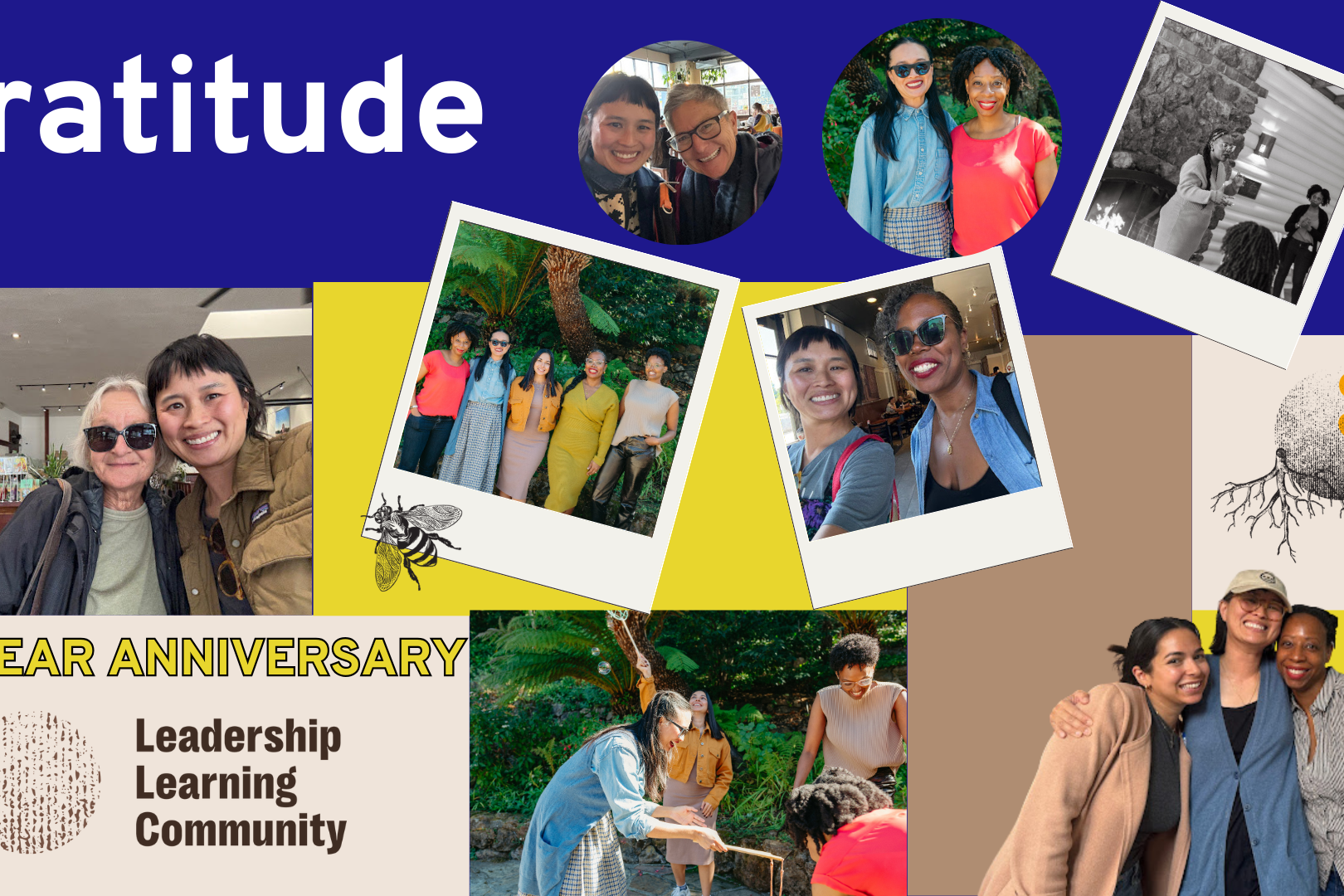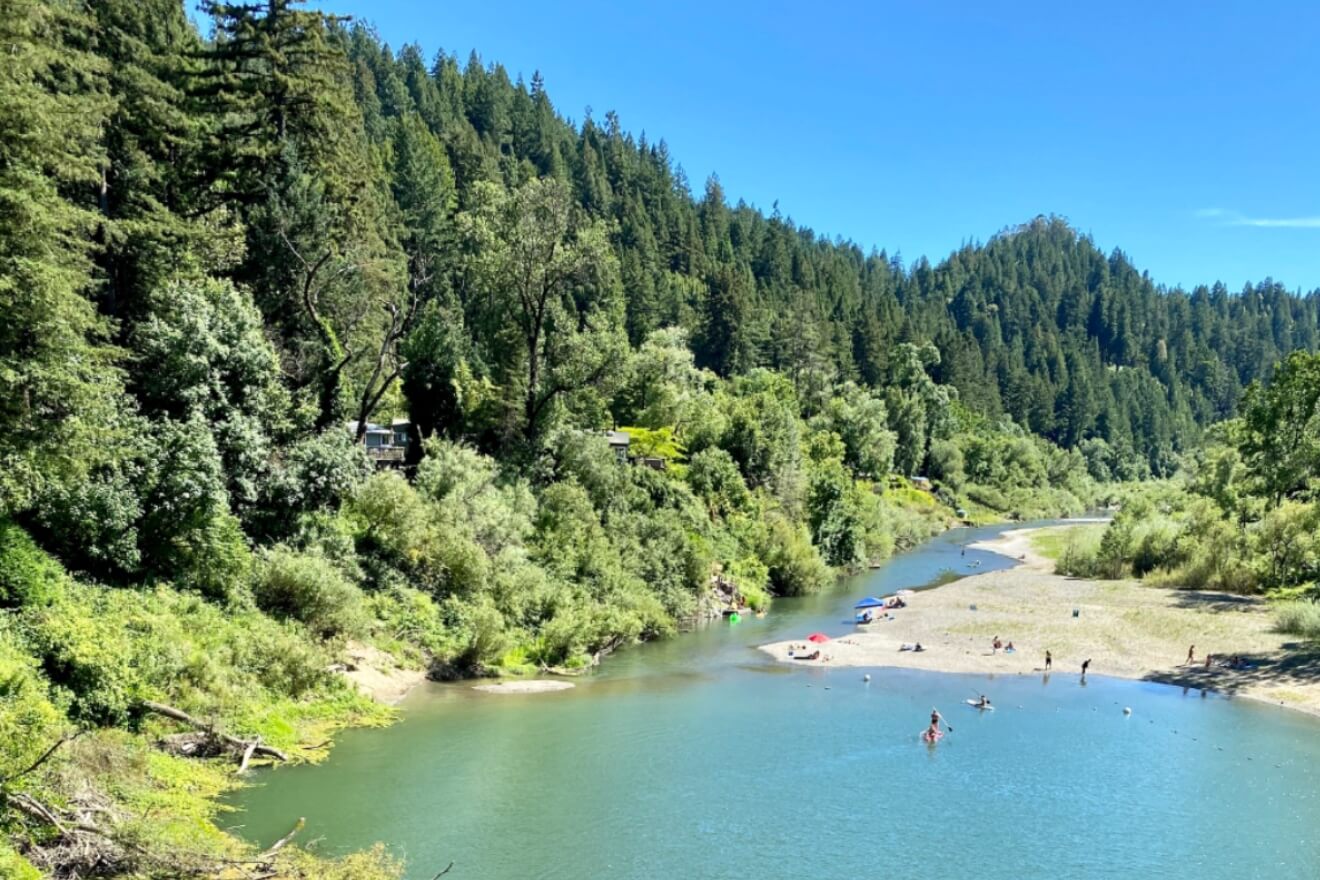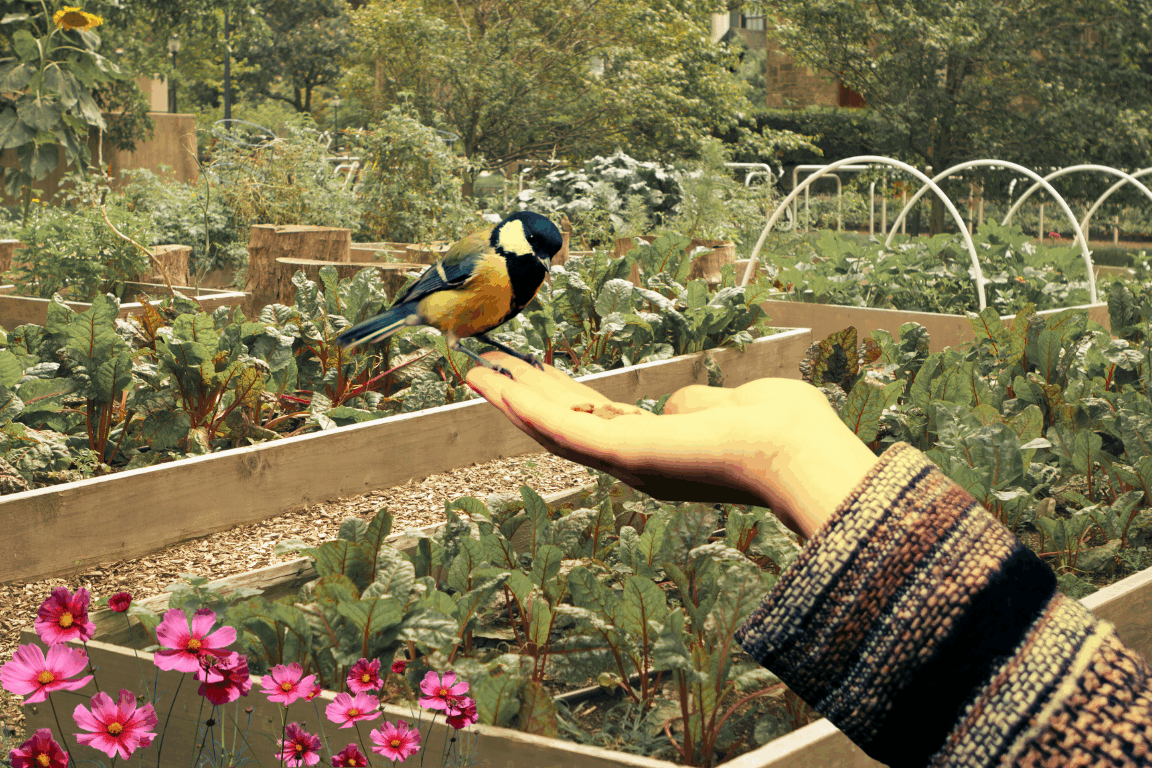Amidst the daily bleak news and suffering around the world, I am heartened by the action being promoted and taken on behalf of shared responsibility for our collective health. Most people who have passed by a TV screen or looked at the news are now aware of the need to #flattenthecurve. We all have to change our behaviors and practice social distancing if we are to slow the spread of a very contagious disease in order to limit a spike that would overwhelm the medical system. This means that even low-risk people need to adopt behaviors that require some sacrifice to prevent the disease from spreading. If we are to reduce the spread and mortality of Covid-19, we must take a hard look at the cost of individualism and inequity ingrained into life in the U.S.
And there is good news. In the midst of this, we are seeing signs of a different collectivist response that goes beyond social distancing. People in neighborhoods are reaching out to seniors offering to pick up groceries and meds, support forums are cropping up all over, and some creative folks have created mutual aid forms to slide under neighbors’ doors. The responses that will save lives are coming bottom up, at an individual level as people exercise responsible behavior, at a neighborhood level, and at the city level as local officials collaborate with public health to implement informed policies. Some media outlets lament that this is happening because we lack effective centralized leadership. Yes, it would be good to have better plans in place, and the kind of culture change we need is not going to come from on high. It’s going to come from us.
That means realizing that these volunteer and mandated actions will take substantial financial and health tolls on people who have no paid sick time or medical coverage, who have kids home from school and will lose wages, and people who will become unemployed and lose their job indefinitely. Those unhoused, dependent on public transportation, or in prisons will be susceptible to greater exposure (and spread) with little option for protective social distancing. While it’s always been true, perhaps it will become more apparent in the months ahead that our health is interdependent. We cannot neglect and marginalize anyone and remain healthy as a society.
In the immediate term, local ingenuity is pushing to stop evictions, install more sanitation stations in homeless encampments, and shift resources (yay to foundations doing this) to folks without health care. In the long term, I hope we are on the path to a more just future. One fueled by a deeper understanding of our interdependence, by the examples of local initiative and collective problem solving, and by trampling the culture of individuals with community caring and love in the months ahead. We extend this care to all of you and would love to be in communication about what you need and how we can help.
Related Posts
December 15, 2025
LLC’s 2025 Celebrations
July 21, 2025




